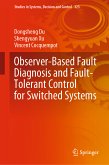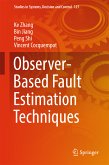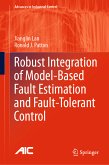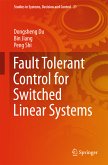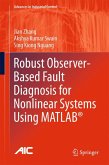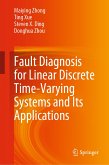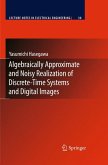control systems, the study on fault diagnosis and fault tolerant control of dynamic
systems has received considerable attention. Fault accommodation (FA) is one of
effective methods that can be used to enhance system stability and reliability, so it
has been widely and in-depth investigated and become a hot topic in recent years.
Fault detection is used to monitor whether a fault occurs, which is the first step in
FA. On the basis of fault detection, fault estimation (FE) is utilized to determine
online the magnitude of the fault, which is a very important step because the additional
controller is designed using the fault estimate. Compared with fault detection,
the design difficulties of FE would increase a lot, so research on FE and accommodation
is very challenging. Although there have been advancements reported on FE
and accommodation for dynamic systems, the common methods at the present stage
have design difficulties, which limit applications of respective design approaches.
Therefore, the problems of FE and accommodation are needed to be further studied.
This book considers the theory and technology of FE and accommodation for
dynamic systems, and establishes a systemic and comprehensive framework of FE
and accommodation for continuous/discrete-time systems.
Dieser Download kann aus rechtlichen Gründen nur mit Rechnungsadresse in A, B, BG, CY, CZ, D, DK, EW, E, FIN, F, GR, HR, H, IRL, I, LT, L, LR, M, NL, PL, P, R, S, SLO, SK ausgeliefert werden.
"The book deals with model-based fault estimation and accommodation methods with increasing complexity for different classes of systems (linear, nonlinear, time-delay, and fuzzy) in both continuous- and discrete-time cases. ... The book is well written and concise. The treatment of the various problems is done in a thorough way from the theoretical point of view and supported by simulation results of simple case studies. Such a didactic organization is solid and enjoyable for the reader." (Angelo Alessandri, Mathematical Reviews, June, 2013)



